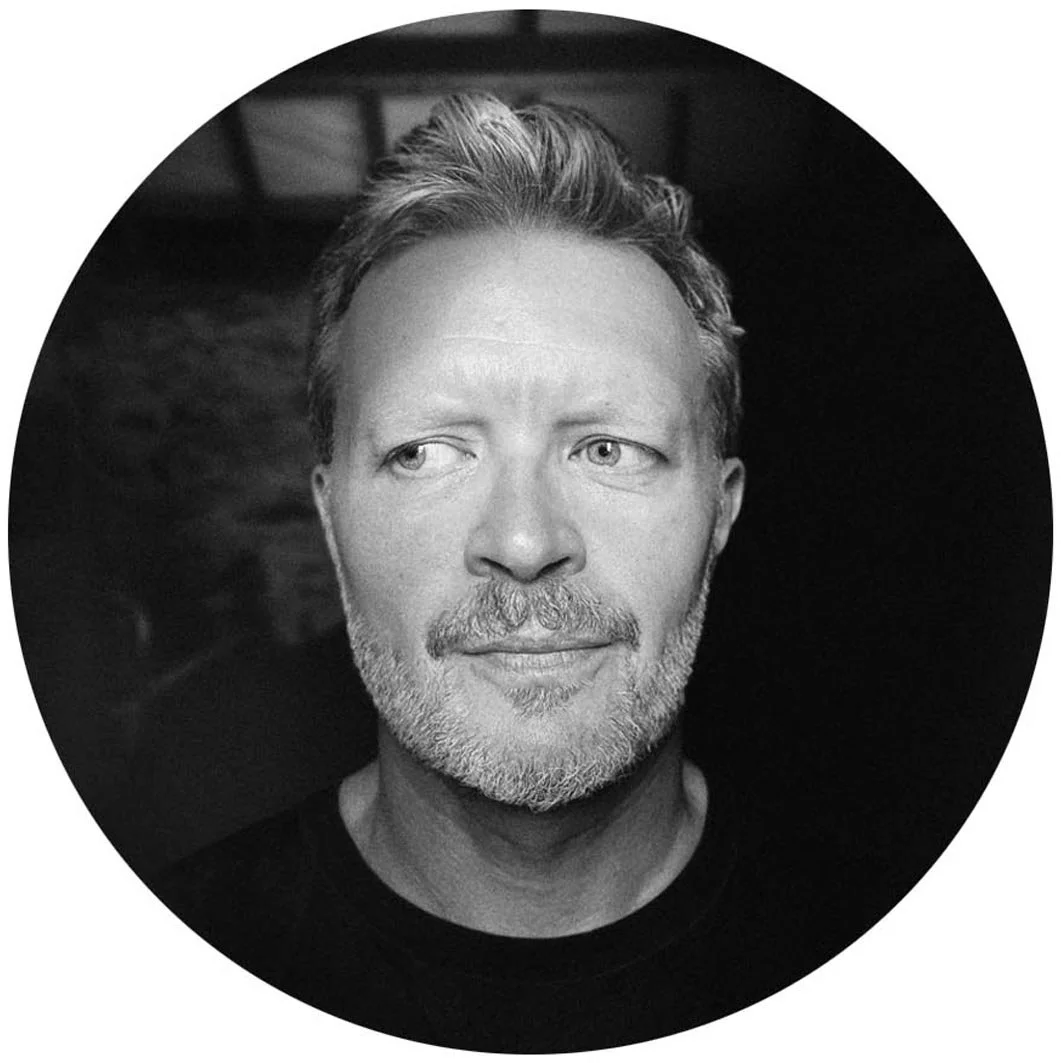I grew up in a suburb of Leeds. I was a quiet boy, happy to hide at the back of the class and determined never to put my hand up in case I was seen as a big head. Being a big head or thinking you were It was the biggest crime a kid around our area could commit, and so unless you were good at fighting you did your best never to stand out, not to be seen. It was a valuable survival skill, and still is. Because I started school late, I felt I was perpetually trying to catch up, a feeling that’s never quite left me. It took me a long time to learn to read, but once I did I began to love books, which inspired in me what, at the time, must have appeared to others as a pretty unrealistic ambition to make books. I was good at sport, good at art and not bad at most other lessons, so I generally enjoyed school – until I didn’t. And when I didn’t, school became hellish.
By the time I was twelve, things no longer made much sense to me. And by things, I mean grown-ups and what they did, how they spoke, what they asked of me. I just didn’t get them, even the ones I loved – especially the ones I loved. I’d grown to understand the world through films and comics. Fiction clarified the world for me, I suppose, gave it rules and gave it hope. Some of my earliest attempts at fiction were the school letters I forged from my mum. If you have a talent for drawing you’ll find you can easily forge another person’s handwriting, and I used the skill to write letter after letter excusing me from the lessons at school which were most painful for me: Maths and French, RE, and swimming, which took place in the school’s Victorian swimming pool that was rarely cleaned and made me feel sick just to look at it. When I was skiving I’d wander the streets around my school, and look up at the very large and expensive houses that ringed it, wondering at the lives of the people who lived in them. The funny thing about skiving off lessons is that, after a while, the forged letters aren’t needed anymore. In my case, the teachers simply stopped expecting to see me, and I adopted a reputation as a surly, and troubled young man. Somehow, I managed to pass my exams, but I left school with no confidence, and feeling trapped in a life that made me very unhappy, and desperate for escape.
Too shy and inept to get a job in a shop, I went on the dole – or the enterprise allowance, as it was called officially. I spent my days and nights drawing and writing. This was my little refuge, where I found security, safety, even joy. After two years of this, I finally dug up the courage – and had the luck – to make it out of Leeds, ending up in Cornwall, arriving in the night by train, carrying my parents’ old cardboard suitcase held together with a belt, and an A1 portfolio full of my drawings and paintings. My new home was a small, slightly damp, rented room in a big, double-fronted house in a place called Pool, which was home then to an art school that happened to have the best illustration course in the country. I’d been rejected from Brighton and Glasgow, my first choices, but in Cornwall I found freedom and friendship and love, and the sea, of course.
Two years passed. I became a professional illustrator, working on books authored by famous names and published by historic publishing houses. I’d always written fiction, but had neglected it for the illustration work. Much later than I’d expected, I began to publish my novels. We Were Wolves, a story about a boy who has to care for his troubled father came from a very personal place for me, having lost my father some years before. The follow-up, Running With Horses, equally personal, centred around the love between two boys, a love that they hope might eventually rescue them from their separate fates. It won the York Book Award.
Many decades on from my childhood in Leeds, I’m still trying to catch up, still trying to find the joy and excitement in a story, and still fighting the instinct to hide.

